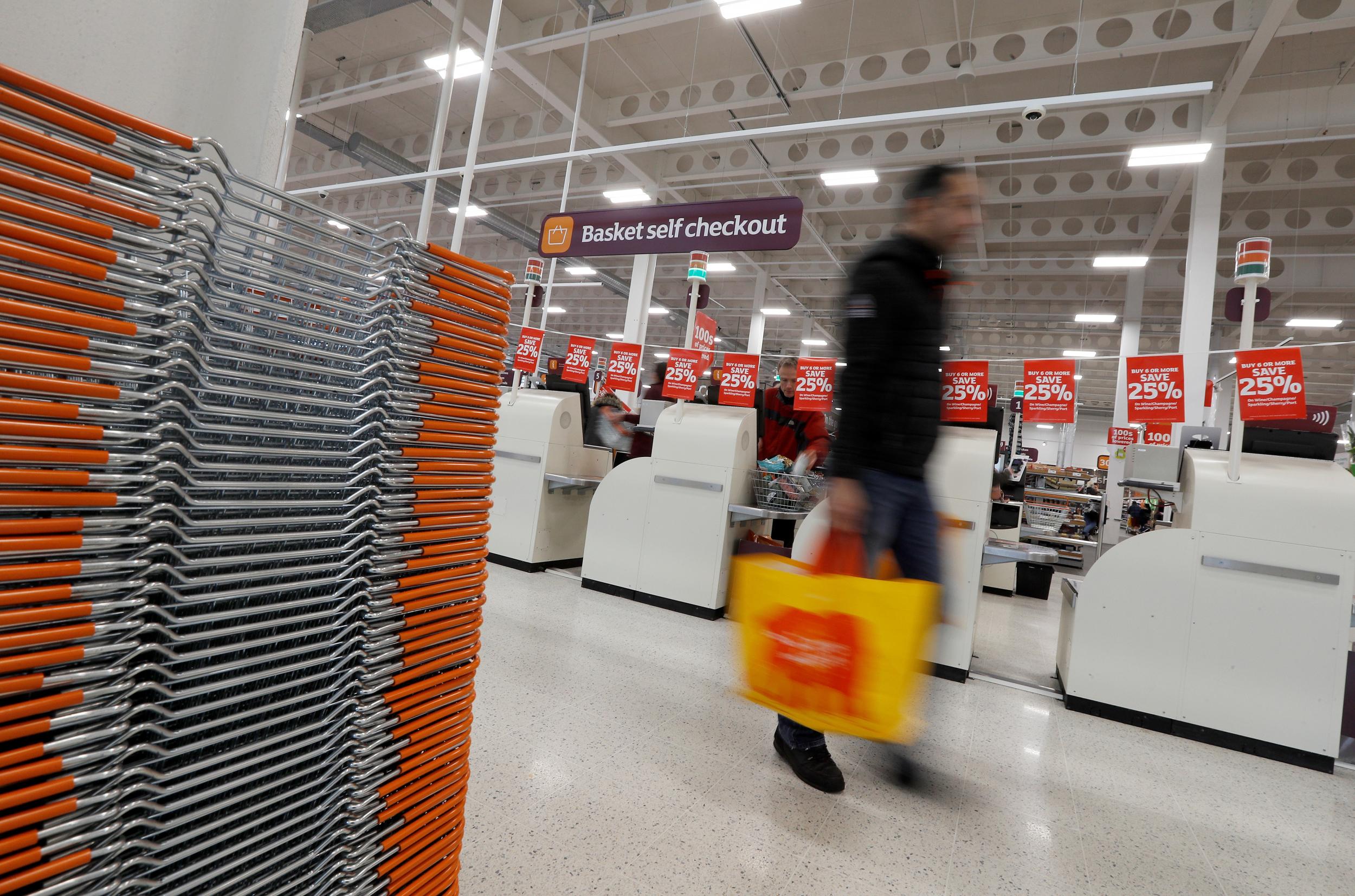Sainsbury's needs a brolly as the other supermarkets bask in sizzling summer
If this is the best Sainsbury's can do in unusually favourable conditions, what happens when the skies turn grey and people start to get really scared about Brexit?

“Sizzling summer lights up the grocery market,” declared researcher Kantar Worldpanel, but Sainsbury’s is in need of a brolly. The kind you use to shelter from the rain.
The grocer run by Mike ‘We’re in the Money’ Coupe is finding it tough to keep cash flowing through its tills at anything close to the rate of its rivals.
Kantar put its sales growth for the 12 weeks to 15 July at just 0.8 per cent. Sainsbury’s was thus the only member of the big four (Tesco, Morrisons and Asda are the others) to lag behind grocery price inflation (1.8 per cent).
The contrast with its prospective merger partner Asda could hardly have been more stark.
The latter is rapidly shrugging of its status as the market’s problem child. Its sales expanded by 3.7 per cent, making it by a distance the best among the traditional players (the German disrupters Aldi and Lidl are, of course, continuing to go like a Mercedes with Lewis Hamilton at the wheel).
It is the first time for three-and-a-half years that Asda has been in that exalted position.
At this rate Sainsbury’s, the number two, will switch places with its fiancee, the number three, by the end of the year.
The divergence between the two has become increasingly clear in recent months, and it’s fair to wonder how much Mr Coupe’s preoccupation with doing deals is behind Sainsbury’s difficulties.
Sainsbury’s, remember, bought Argos before unveiling plans to walk up the aisle with Asda, in a transaction that appears prompted by the desire of both to defend their positions.
The problem they face is that we’re still months away from the Competition and Markets Authority having its say.
But Mr Coupe has a lot more reason for losing sleep, as a result of operating in a holding pattern, than do Asda’s bosses.
Kantar’s retail guru Fraser McKevitt noted that shoppers visited supermarkets an extra 13 million times during the three months under consideration, as they stocked up on World Cup-viewing essentials with the England team putting in an unexpectedly robust showing.
It won’t surprise anyone to learn that booze did particularly well, but things to put on the barbecue also sold handily.
Here’s the issue facing Mr Coupe: if this is the best Sainsbury’s can do in the midst of unusually favourable conditions, how are his supermarkets going to manage when the clouds turn grey and people start getting really, really scared about Brexit?
If Kantar’s figures are even close to being accurate, they don’t bode at all well.
It wouldn’t be any surprise to hear the Sainsbury’s CEO questioning the researcher’s methodology at this point. That’s what the strugglers usually like to do.
Join our commenting forum
Join thought-provoking conversations, follow other Independent readers and see their replies
Comments
Bookmark popover
Removed from bookmarks